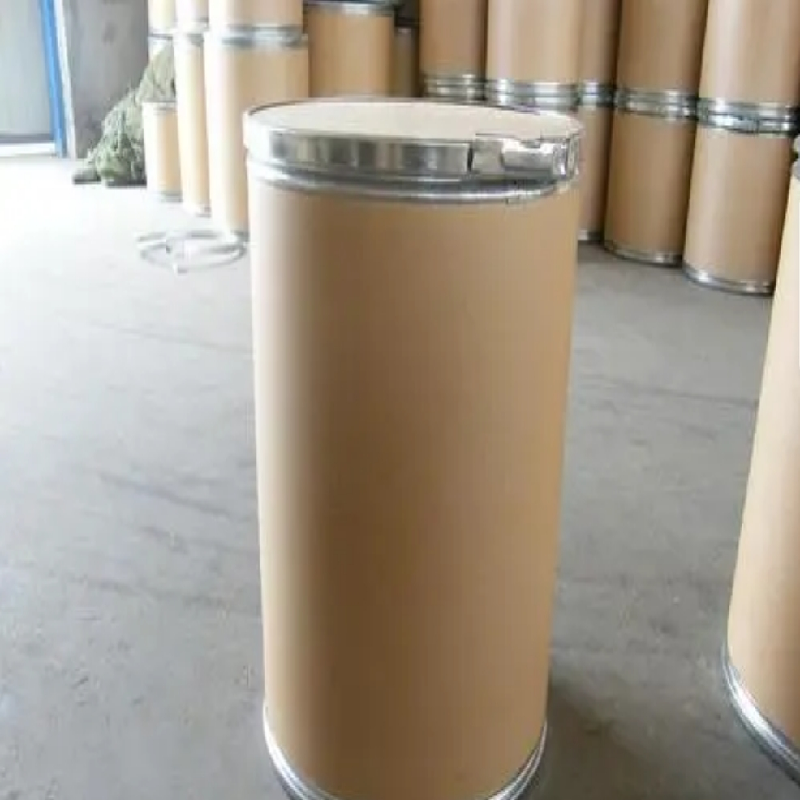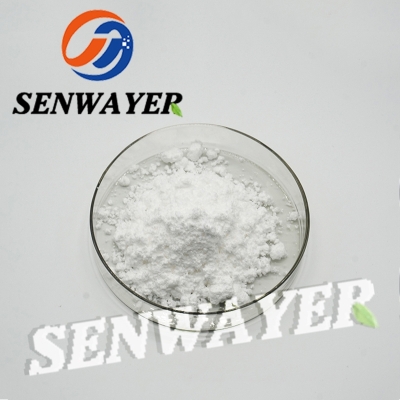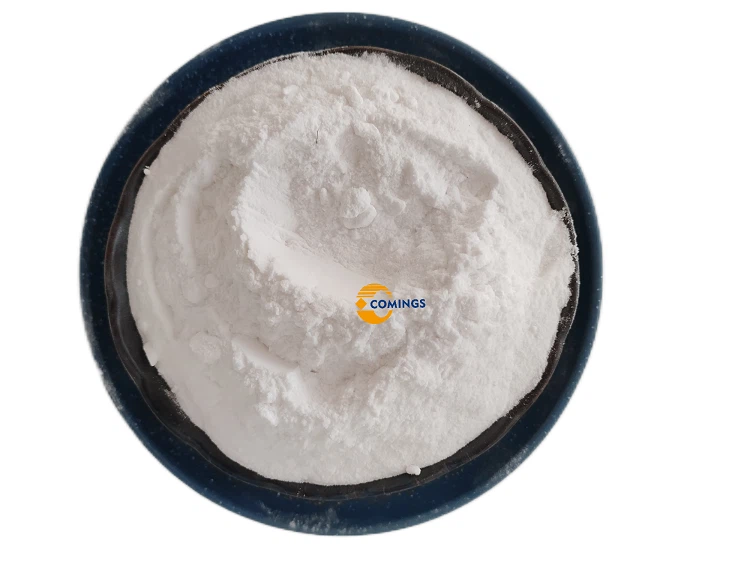No "mad disease" of national cattle depends on vegetarian diet
-
Last Update: 2001-02-19
-
Source: Internet
-
Author: User
Search more information of high quality chemicals, good prices and reliable suppliers, visit
www.echemi.com
OA show ('918 '); [Chinese cattle have no "mad disease" and all rely on vegetarianism] "they eat grass and milk." This sentence is full of philosophy, which is a high evaluation of the dedication of cattle, but also reveals an objective natural law - cattle are "vegetarians" China's cattle adopt almost natural feeding methods, thus avoiding the occurrence of BSE However, with the deepening of marketization and the increasing level of intensive and mechanized breeding, breeding owners are always wondering how to spend the minimum investment and the shortest time to make their cattle grow more meat and produce more milk Therefore, it has been found that adding animal derived protein (such as meat and bone meal) to feed can achieve the desired purpose Sadly, this greedy behavior has made a big mistake A frightening mad cow disease broke out in Europe and shocked the whole world Mad cow disease is another name of bovine spongiform encephalopathy, and it will infect people, so it is also a public health problem concerned by all countries in the world In 1985, BSE was first found in the UK Since 1986, it has spread rapidly in the UK So far, 180000 cattle have developed BSE, and nearly 100 people have been infected by BSE because of eating beef In addition to the UK, France, Germany, Spain, Italy, Belgium, Luxembourg, the Netherlands, Portugal, Ireland, Switzerland, Denmark and other countries have found the disease in local cattle For some time, mad cow disease reduced sales of beef and beef products in Europe by 50% Accordingly, the position of Chinese beef in the international market has risen In many European countries, beef is identified as Chinese on the menu of air meals After BSE in England, China has taken a series of active and effective preventive measures Since 1990, China has formulated regulations on preventing the introduction of BSE and itch disease from abroad, prohibiting the use of ruminant derived feed for feeding ruminant, and the management and use of imported feed oil and animal feed In December 2000, the Council of agriculture ministers of the 15 EU countries adopted a decision to suspend the use of all animal meat and bone meal feeds China stipulated that animal feed products should be imported from all EU countries At the same time, port animal quarantine agencies, feed monitoring and management departments at all levels and animal epidemic prevention and supervision agencies should attach great importance to the quarantine and supervision of animal feed products It is reported that 70% of China's annual import of animal feed comes from the United States, and more than 20% from Australia, Argentina and other countries Pd2 ԡ China feed industry information network PD2 (author:)
This article is an English version of an article which is originally in the Chinese language on echemi.com and is provided for information purposes only.
This website makes no representation or warranty of any kind, either expressed or implied, as to the accuracy, completeness ownership or reliability of
the article or any translations thereof. If you have any concerns or complaints relating to the article, please send an email, providing a detailed
description of the concern or complaint, to
service@echemi.com. A staff member will contact you within 5 working days. Once verified, infringing content
will be removed immediately.







